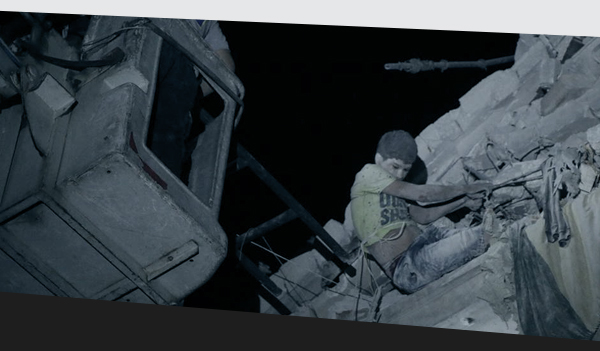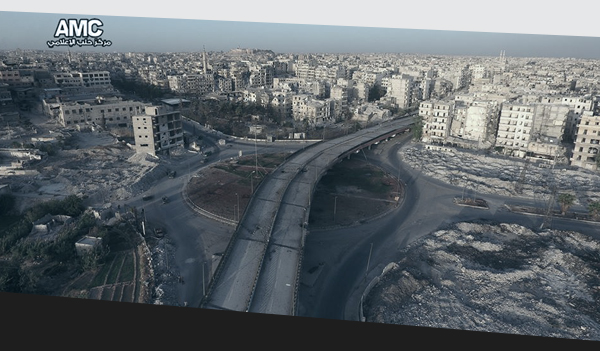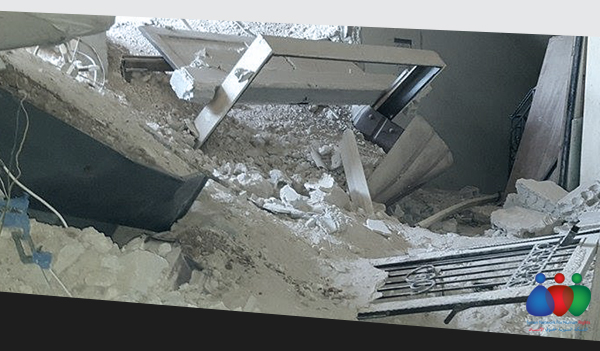|
Syria Watch
Syria Justice and Accountability Centre: A Look Back on Russia’s First Year in the Syrian Conflict
|
|||||||||||||||||||||
|
|||||||||||||||||||||
|
|||||||||||||||||||||
|
Syrian Network for Human Rights: Detailed Account of the Russian-Syrian Attacks on the Neighborhoods of Eastern Aleppo after 25 Days of the Second Cessation of Hostilities Statement
|
Syria Deeply: Weekly Update: Diplomatic Differences And Rebel Infighting
|
||||||||||||||||||||
|
Syrian Network for Human Rights: Last Two Hospitals in their areas in Damascus Suburbs Rendered out of Commission following a Bombing by the Syrian Regime
|









